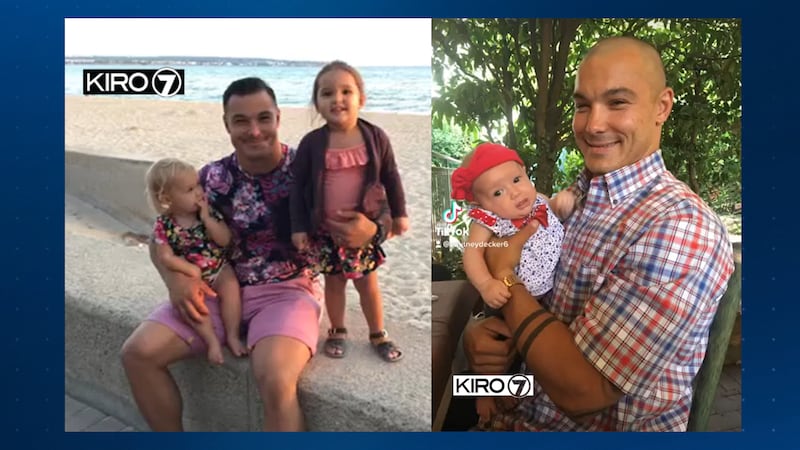SEATTLE — Seattle city officials are weighing the possibility of expanding the city’s pilot surveillance camera program.
The Seattle City Council approved the pilot program in October, allowing for the addition of CCTV cameras in three initial neighborhoods and setting up the city’s new Real Time Crime Center (RTCC), which integrates various video and data streams for investigations of crimes.
The center was fully launched in May of this year. Now, about two months later, Mayor Harrell and SPD officials want to add cameras in new neighborhoods, including the Capitol Hill Nightlife District, the Stadium District near Pioneer Square, and the areas near Garfield and Nova High Schools.
Already, 57 cameras have been installed in pilot areas, including the Chinatown-International District, the Downtown Core, and along Aurora Avenue North.
City leaders have touted the program’s success in its first few months off the ground, but critics have voiced privacy concerns.
Since May 20, the RTCC has assisted with more than 1,000 911 calls for service and assisted with more than 90 violent crime investigations, according to the city.
Beyond expanding the cameras into the new neighborhoods, leaders behind the expansion push also want to allow Seattle Police to view and record certain SDOT traffic cameras.
The expansion would still be considered a pilot program and would continue to be evaluated.
The final decision rests with the Seattle City Council. A committee could vote on the matter in the next few weeks.
“We see it as putting the cameras where we’re seeing upticks and historic spikes in crime, and we need every tool that we have,” said Seattle Police Chief Shon Barnes. “We can’t put a police officer on every street corner.”
Critics, including the ACLU of Washington, have voiced concern about whether the technology actually works in reducing violent crime.
“This surveillance technology violates people’s privacy and civil liberties, harms the communities it’s deployed in, and wastes police resources,” a spokesperson wrote in an email to KIRO 7. “Instead of using public funds on strategies that don’t work, the City should invest in evidence-based solutions that do reduce crime, such as community-based gun violence prevention programs and neighborhood improvement projects.”
The expansion around the Garfield-Nova High School area would cost a one-time fee of $425,000, with $40,000 in ongoing annual costs. The money has already been included in the city’s 2025 budget.
The expansion into the Stadium District would cost $200,000 upfront, with $20,000 in ongoing annual costs, and is included in the FIFA World Cup Budget proposal.
The Capitol Hill expansion would cost $400,000 upfront and require $35,000 in ongoing annual costs, but the funding source has yet to be identified.
Another concern that critics have raised has to do with the safeguarding of footage and how it could be shared, especially in the context of the federal government in cases involving immigration enforcement, for example.
KIRO 7 asked Seattle Mayor Bruce to address those fears.
“We will make sure that we don’t cooperate with the ICE enforcement activity we see out of the federal government,” he said. “We have safeguards in place.”
Seattle Police officials told members of the City Council that the city would own its footage, adding that it would be highly unlikely (but not impossible) that the camera contractor would hand over footage if ordered by a court.
The city has four upcoming safety forums where you can learn more about the program and voice your opinions about it. The dates are listed below:
- Thursday, August 7 at the Garfield Community Center, from 6 - 7:30 PM. RSVP here
- Thursday, August 14 at the Delridge Community Center, from 6 - 7:30 PM. RSVP here
- Thursday, August 21 at the Green Lake Community Center, from 6 - 7:30 PM. RSVP here
- Thursday, August 28 at the Meadowbrook Community Center, from 6 - 7:30 PM. RSVP here
©2025 Cox Media Group





